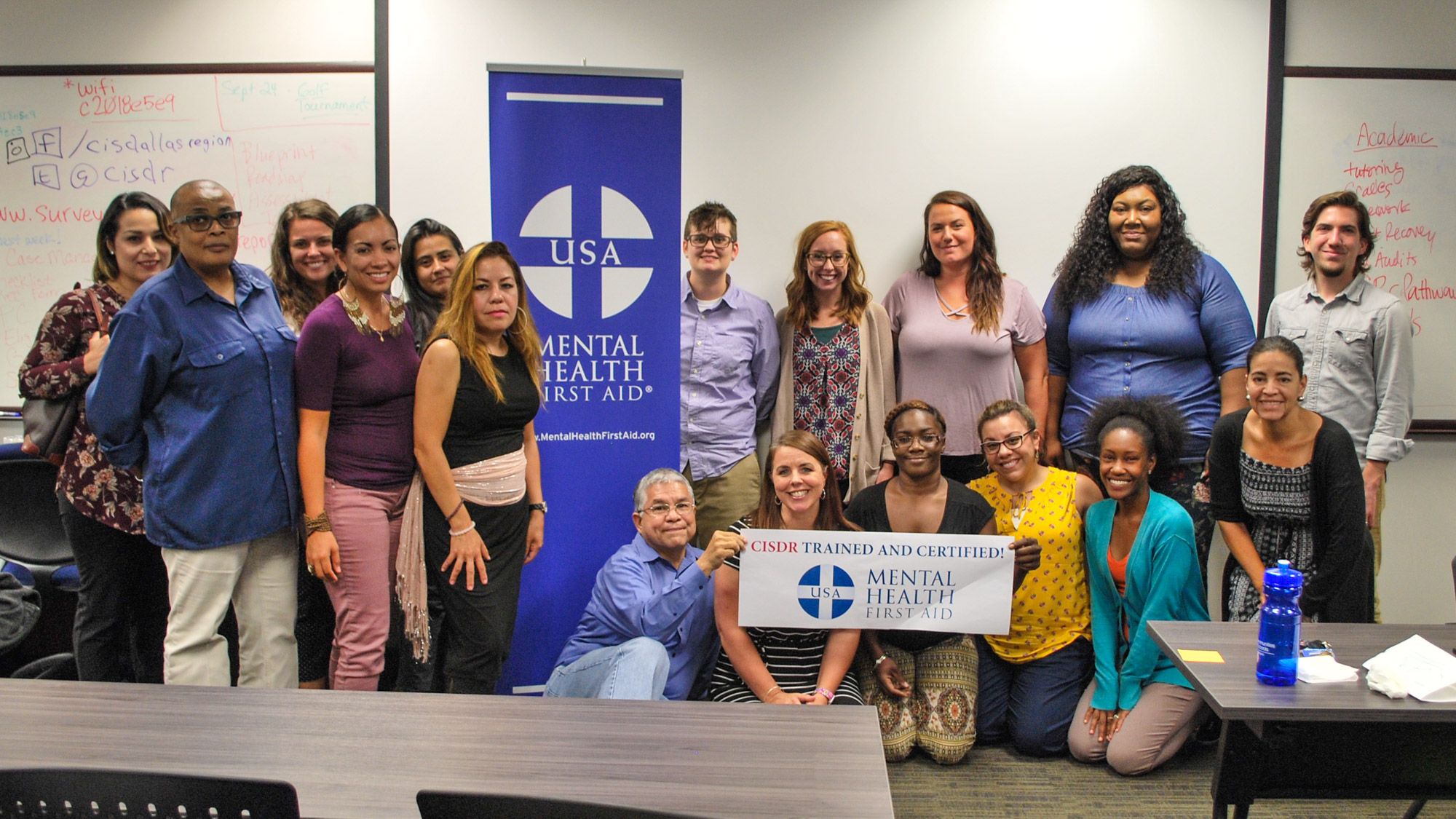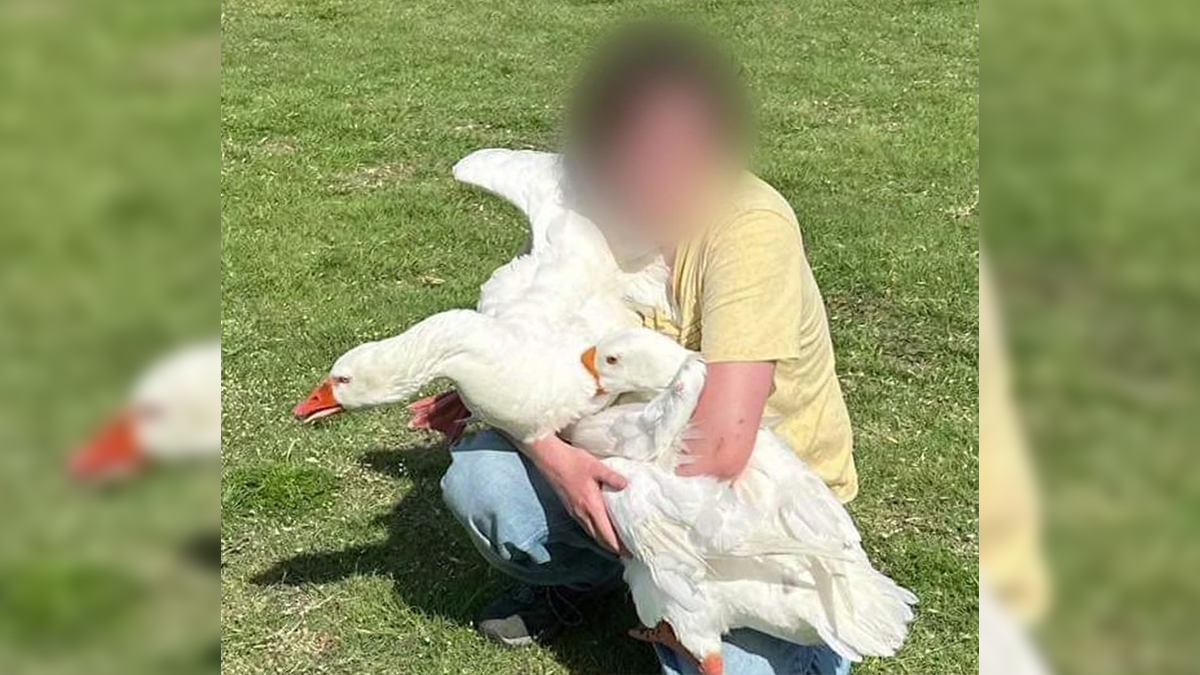Children's Health in Dallas offers an intensive outpatient program for youth with suicidal behaviors.
The Suicide Prevention and Resilience at Children's Health, or SPARC, is an evidence-based program designed to target risk factors associated with suicide in teens.
Patients participate in group therapy three hours per day, twice a week, and attend individual and/or family therapy.
Lily Allen, of Frisco, said it saved her life three years ago when she was a talented 15-year-old dancer at Dallas' Booker T. Washington High School for the Performing and Visual Arts.
She was also the victim of bullying.
"I thought everything was fine, then the social stuff started happening again. Mean girls were mean. Freshman year I wrote my suicide note and was going to attempt suicide," said Allen.
She texted the suicide note to her friend, who called the police and the intervention saved her life.
Police reached her at her home and took her to Children's Health.
"Kids coming in with suicidal thoughts or suicidal behaviors has really doubled 9 to 10 years," said Dr. Betsy Kennard, program director of SPARC at Children's Health and UT Southwestern associate professor of psychiatry.
Local
The latest news from around North Texas.
In SPARC, parents also attend a parent group one hour per week to learn the skills their teens are learning in group medication management and other services.
Patients attending the SPARC are referred from their current treatment providers.
"The treatment works. I think that's the most important message to get out there," said Kennard.
Fewer than 7% of program graduates tried again to commit suicide. The national average, according to Kennard is 20-30%. Allen is proud to be one of the success stories.
"I realized there were so many people who have been through what I've been through and who have come out of it and who have recovered and I wanted to be one of those people that recovered. According to Children's Health, it's important for parents and other family members to recognize the signs of suicide and make sure that teens get help. The best prevention is recognizing the warning signs and then seeking help for your child right away.
Your child could be at risk if any of these signs are exhibited:
- Talking about wanting to die or committing suicide.
- Expressing feelings of hopelessness or worthlessness.
- Searching online or around your home for ways to commit suicide.
- Talking to friends about ways to commit suicide.
- Being preoccupied with death, as demonstrated in conversation or writings.
- Showing raging anger or wild mood swings.
- Behaving recklessly.
- Drastic alterations in sleep patterns.
- Withdrawing from others.
Take these warnings seriously. If your child appears to be in crisis, don't hesitate to take him to a mental health professional or even an emergency room.
Psychiatrists, psychologists and suicide prevention teams are specially trained to help your child learn to cope with the emotions and stressors that can lead to thoughts of hopelessness or suicide.
Some teens are treated as inpatients; others meet weekly or more often with a psychologist.
During the crisis, it's important that you remember this: If your child feels desperate or depressed, it is from a combination of factors and not a reflection on your parenting.



